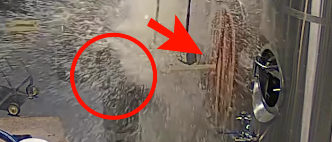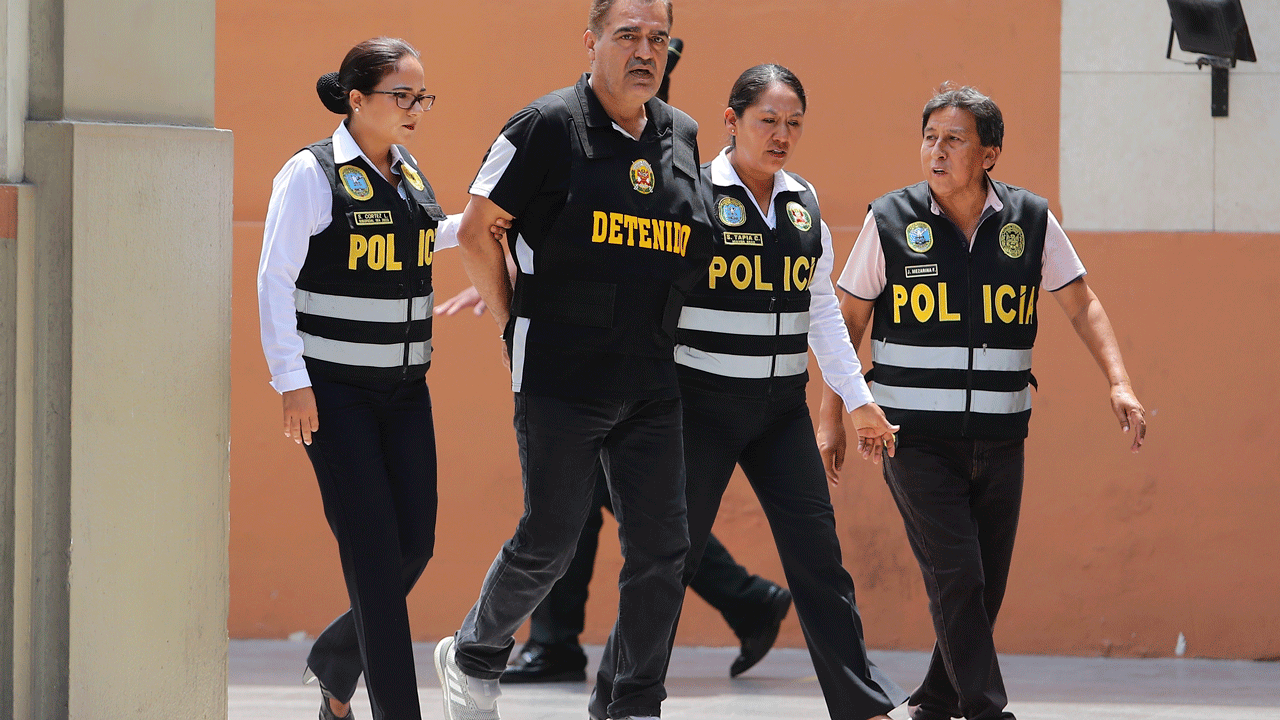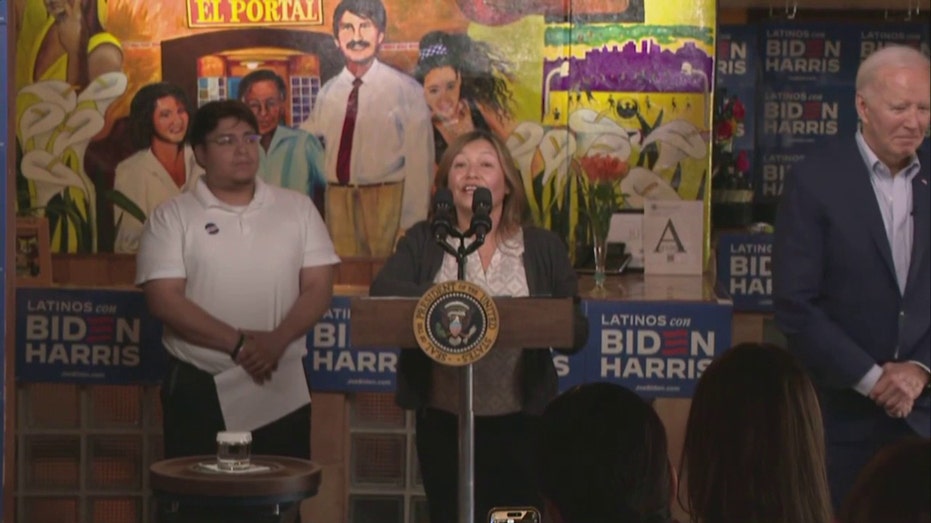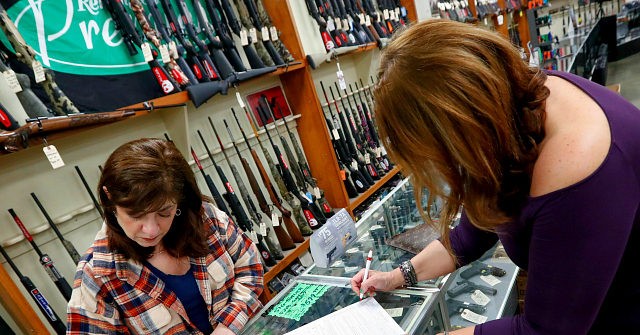They’re Not Animals
When will urban authorities begin to treat the homeless like human beings again? The post They’re Not Animals appeared first on The American Conservative.

They’re Not Animals
When will urban authorities begin to treat the homeless like human beings again?

I have lived in Pittsburgh for the better part of my life, but never knew our city had a motto. Some aimless Google searches led me to benigno numine: by the kind divine will.
The slogan comes from Chatham’s first earl, William Pitt, who evidently preferred the deistic rendering over a more explicitly Christian voluntate Dei. In any case, two city council members seem to be taking the phrase more literally than seriously with a proposal to change the city’s zoning laws to include so-called “temporary managed communities”—city-sanctioned camps for the homeless.
Julia Felton of the Tribune-Review wrote that one of the sponsors of the legislation, Anthony Coghill of Beechview, told her the sites “would have garbage pickup, lighting, showers and bathrooms.… The city and other partners also could provide mental health services, job placement assistance and other help.” Based on how these encampment proposals have played out across the country, particularly on the West Coast, the crucial distinction is between what would be provided and what could be provided.
Judge Glock, director of research and senior fellow at the Manhattan Institute, told The American Conservative that one of the potential benefits of sanctioned camps is the leverage it could give the city “to clear sidewalks, streets, and parks of existing homeless encampments.” Each proposed encampment in Pittsburgh would provide space for 25 tents, what Coghill called “25 residence [sic].”
The local CBS affiliate reported that there were between 150 and 200 homeless in the city last month, and a city spokesperson told the same affiliate in October that the city’s policy requiring 10 feet between a tent and a public street or right-of-way would not be enforced until the city “ensure[s] that folks have a credible offer of housing.” The force of any leverage offered by the legislation to clean up the streets is yet to be seen.
Potential downsides of the plan, according to Glock, include the risk that “if there’s not sufficient security there and there’s not sufficient services provided, the camps can descend into chaos fairly quickly.” On the other hand, Hallie Lauer of the Post-Gazette reported that Rachel Nunes, executive director of the city’s Thomas Merton Center, “said police should not patrol the sites.” (The Merton Center has acknowledged its “Role as an Organization with a Primarily White Membership.”)
While Nunes advocates for a “no-barrier” encampment system, Glock said such environments can be “particularly dangerous. If you’re not going to have things like curfews, sobriety requirements, check-in times, [and] bans on certain behavior, then you’re going to have a more problematic camping site.”
One such problematic site in Phoenix gained national attention in September when Maricopa County Superior Court Judge Scott Blaney ordered the city to clear a homeless encampment known as “the Zone.” Though not sanctioned by the city, this encampment became the valley’s homeless hub to which, the judge’s ruling claimed, Phoenix police officers would offer “courtesy rides” from throughout the city. Blaney’s ruling relied on evidence of the city’s failure to enforce criminal laws, increased violent crime, a growing organized crime element, public drug use, prostitution and public indecency, fire hazards, property crimes, and other factors that proved the city’s strategy of merely observing the Zone was both unsustainable and grounds for triggering public nuisance laws. The judge concluded, “the city will not clean up the Zone unless forced to do so.”
Steve Tully, who represented the nineteen plaintiffs in the case and served as majority leader of the Arizona House in the mid-aughts, told us the properties of his clients were surrounded by inhabitants constructing semi-private structures, operating a drug bazaar, and satisfying biological needs. The plaintiffs’ complaint claimed, “a great humanitarian crisis unfolds as homeless residents of the Zone die on a daily basis.”
Tully said that “people in this debate say, ‘we got to treat them like people.’ And I say to them, ‘yes.’ Now, what does that mean, ‘treat them like people?’ With responsibility, right? Respect them to behave in a certain way. They’re not animals.”
He’s right: They’re not animals. But what can be gained from drawing distinctions between no-, low-, and high-barrier temporary housing requirements absent the city’s willingness to treat most of the city’s inhabitants like people, too? Pittsburgh’s first low-barrier facility, called Second Avenue Commons, does not “have sobriety requirements for people who use their services,” according to the Post-Gazette. “Some low-barrier shelters,” the paper said, “have curfew requirements for people who are staying overnight. A no-barrier shelter wouldn’t have a curfew.”
As Tully said, “We’re going to have a no-law zone? Why?”
The city council has moved the issue along to the city’s planning commission, the same body that granted a $1.6 million loan request for developers seeking to build a structure for, according to the Tribune-Review, “low-income LGBTQ+ seniors.” Benigno numine, indeed.
The post They’re Not Animals appeared first on The American Conservative.
What's Your Reaction?
















